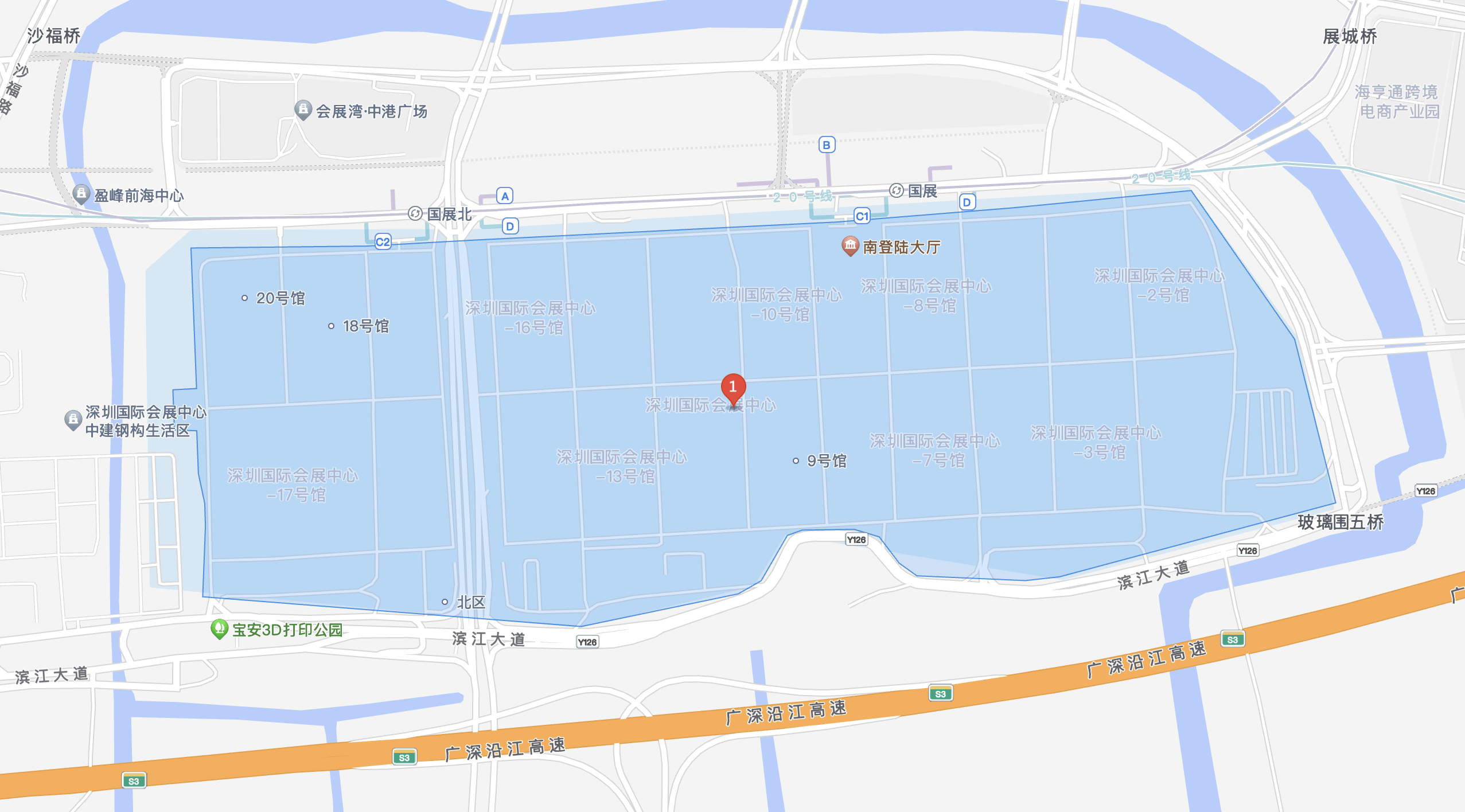Guangdong Bawei Biotechnology Co., Ltd. has consistently stood out in the beauty manufacturing sector. As the first beauty manufacturing company listed on the Beijing Stock Exchange, Bawei's performance has continued to rise since its listing in March 2024. From 2018 to 2023, its revenue and net profit attributable to shareholders achieved compound annual growth rates of 15.24% and 14.07%, respectively. In the first half of 2025, the company achieved operating revenue of 371 million yuan, a year-on-year increase of 39.30%. This impressive performance is driven not only by its strong R&D capabilities and high-quality customer base, but also by its extensive application of RFID (radio frequency identification) technology, which has become a key driver of efficient operations and steady performance growth.
Operational Pain Points Behind Performance Growth
Bawei's performance growth has not been smooth sailing. During its rapid development, its traditional operating model gradually began to show signs of bottlenecks. As a company serving over 1,000 cosmetics brands and exporting its products to over 30 countries and regions worldwide, its daily production involves thousands of raw materials, with complex processes requiring extremely high precision. In the past, the method of relying on manual recording of production data was not only inefficient, but also often led to deviations in production process parameters due to human errors, affecting product quality stability, which in turn could lead to customer complaints and have an adverse impact on long-term cooperation.
In warehousing, the sheer number of beauty product SKUs (SKUs) often requires extensive manpower, taking days to complete a comprehensive count and prone to missed and incorrect items. This directly leads to inaccurate inventory data, either tying up significant capital due to overstocked inventory or impacting order fulfillment due to stockouts, leading to missed market opportunities. On the logistics and distribution side, the inability to track shipment status in real time often results in delayed deliveries and lost goods, reducing customer satisfaction. These operational pain points are hindering Bawei Co., Ltd.'s ability to achieve further performance breakthroughs.
RFID Addresses Pain Points,
Injecting Power into Performance Growth
Faced with operational challenges, Bawei Co., Ltd. decisively introduced RFID technology, restructuring its operational system across its three core areas: production, warehousing, and logistics, clearing the way for performance growth.
Production: Precise Control Improves Efficiency and Quality
In the production workshop, Bawei Co., Ltd. affixes RFID tags to every batch of raw materials, semi-finished products, and finished products. When raw materials enter the workshop, RFID readers instantly record information such as batch, supplier, and expiration date into the system, completing the first step in raw material traceability. During the production process, RFID readers and writers located throughout each process collect real-time production data, including production time, operator, and process parameters. This data is transmitted to the management system in real time, allowing management to monitor production progress at any time through the terminal and promptly identify and resolve any issues.
Warehousing: Intelligent Management, Optimizing Inventory Turnover
Entering Bawei Co., Ltd.'s smart warehouse, by deploying PDA mobile terminals, an RFID IoT sensing network, and a cluster of AGV intelligent logistics robots, the company achieves full-process visual management and control, intelligent warehousing upgrades, an agile response system, and a closed-loop quality traceability system. This ensures efficient and stable product delivery for cosmetics brands during peak marketing seasons or when best-selling items emerge. When goods are put on the shelves, RFID readers automatically identify the goods' labels and enter data such as the goods' location and quantity into the WMS intelligent warehousing system. When goods are removed from the shelves, the system automatically updates inventory information, ensuring real-time and accurate inventory data.

Warehouse inventory counts, which previously took three days, can now be completed in just two hours with RFID technology, achieving near-100% accuracy. Furthermore, the system accurately predicts inventory needs by analyzing historical inventory data and order demand. When inventory falls below a safe threshold, it automatically triggers a restocking reminder, preventing stockouts. The system also provides timely alerts for slow-moving products, helping the company quickly adjust its sales strategy and reduce inventory overstocks.
Logistics: Real-time Tracking Improves Customer Satisfaction
During logistics and distribution, Bawei Co., Ltd. equips each shipment with an RFID tag, which records information such as the destination, recipient, and product details. When goods leave the warehouse, RFID readers read the tags and synchronize the logistics data with the logistics management system. During transportation, RFID devices installed on transport vehicles collect real-time information about the goods' location, allowing customers to monitor their shipment status at any time through a dedicated platform.
Today, RFID technology has been deeply integrated into Bawei Co., Ltd.'s entire operational process, becoming a core technology for the company's intelligent transformation. In the future, Bawei Co., Ltd. plans to further deepen the integration of RFID technology with artificial intelligence, big data, and other technologies. For example, by analyzing production and sales data collected by RFID, Bawei Co., Ltd. can accurately predict market demand, proactively adjust production plans, and seize market opportunities. It will also utilize artificial intelligence algorithms to optimize warehouse layout and further improve warehouse space utilization. In the area of product anti-counterfeiting, it will combine RFID tags with blockchain technology to achieve full product lifecycle traceability and enhance product credibility.
Bavi Co., Ltd. has proven that RFID technology is not only a crucial tool for enterprises to achieve intelligent transformation, but also a powerful driving force for sustained performance growth. Amidst increasingly fierce competition in the beauty industry, Bawei Co., Ltd. is expected to further expand its market share and achieve sustained performance growth by leveraging the operational advantages brought by RFID technology, continuously moving toward its goal of becoming a world-class beauty manufacturer.
This paper is from Ulink Media, Shenzhen, China, the organizer of IOTE EXPO (IoT Expo in China)


















